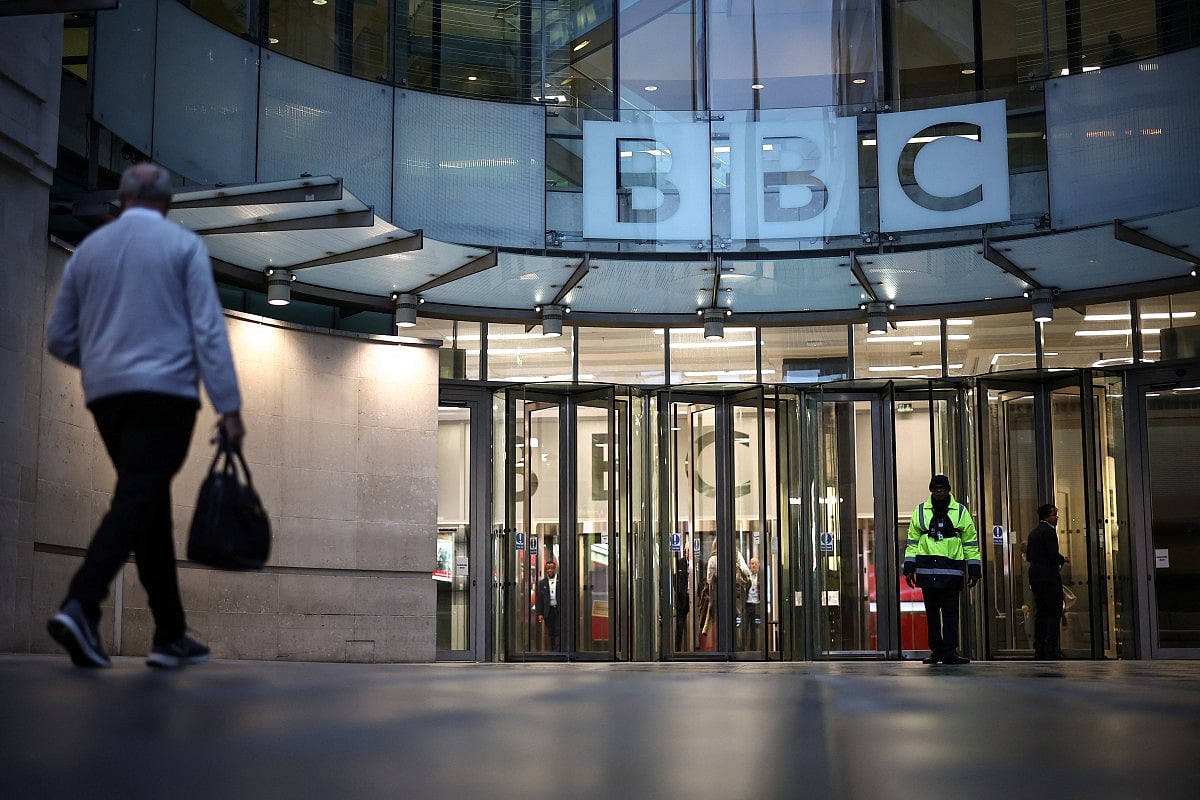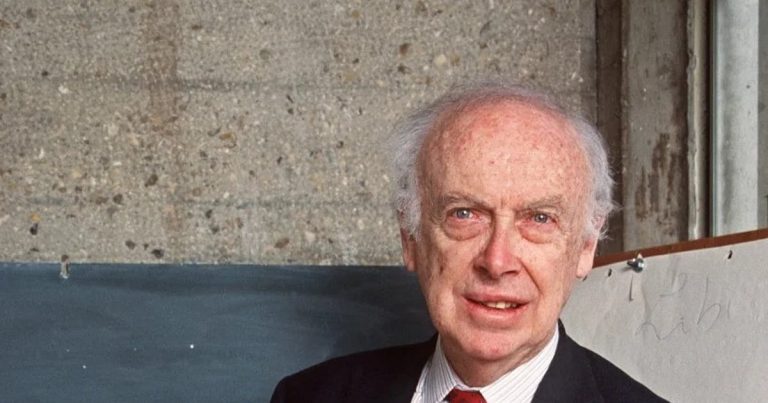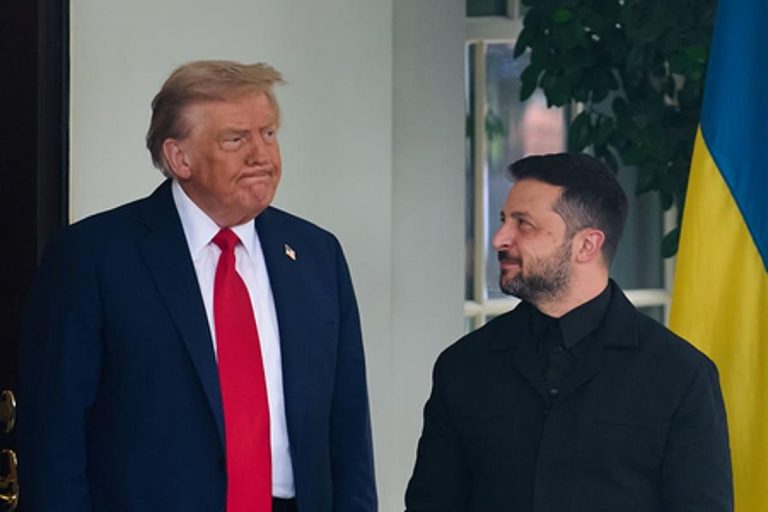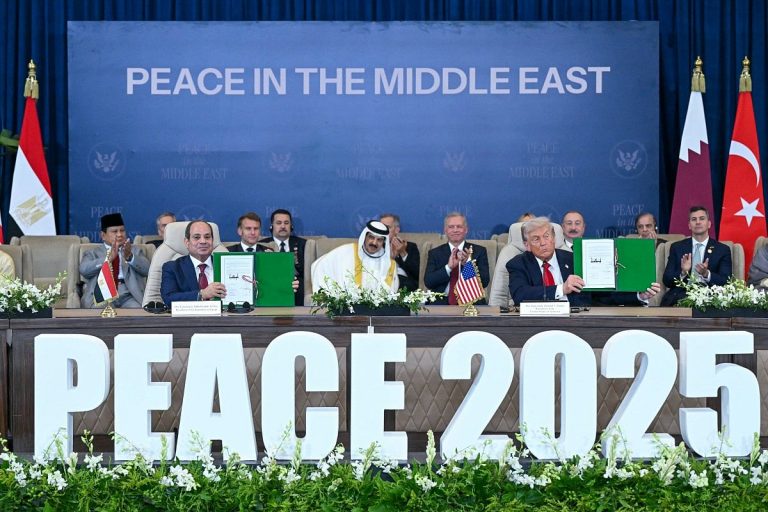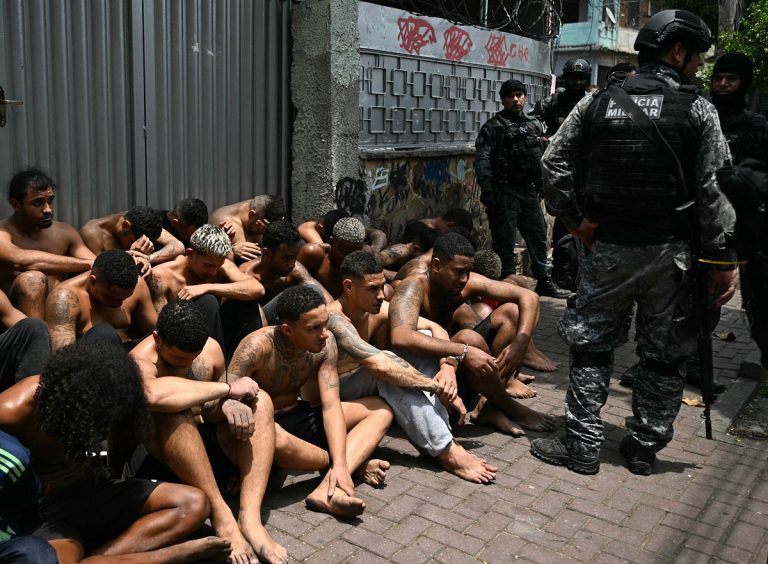BBC Leadership Crisis After Controversial Trump Editing
The BBC is currently navigating a significant leadership crisis following the resignations of its Director-General Tim Davie and Head of News Deborah Turness. This upheaval comes in the wake of intense scrutiny over the editing of a speech by former U.S. President Donald Trump, which has raised questions about the broadcaster’s impartiality and editorial standards.
Background of the Controversy
The controversy centers around a segment aired on the BBC’s “Panorama” documentary program, which featured a heavily edited version of Trump’s speech delivered on January 6, 2021. In this speech, Trump addressed his supporters shortly before they stormed the Capitol. The BBC’s editing combined two separate parts of the speech, creating a misleading impression that Trump was urging his followers to engage in violence, while omitting his calls for peaceful demonstration.
In a letter to staff, Davie acknowledged that mistakes were made, stating, “As director-general, I have to take ultimate responsibility.” Turness echoed this sentiment, resigning to take accountability for the fallout, which she described as damaging to the BBC’s reputation.
Reactions from Key Figures
Trump himself welcomed the resignations, claiming that the editing was an attempt to manipulate the narrative surrounding the presidential election. He expressed his views on social media, labeling the BBC’s actions as a threat to democracy and thanking the Daily Telegraph for exposing what he termed “corrupt journalism.”
White House Press Secretary Karoline Leavitt also weighed in, sharing a post that juxtaposed Trump’s criticisms of the BBC with news of Davie’s resignation, further highlighting the political implications of the incident.
Internal and External Pressures
The pressure on the BBC’s leadership has been mounting, particularly after the right-leaning Daily Telegraph published a dossier criticizing the broadcaster for various perceived biases, including its coverage of transgender issues and alleged anti-Israel sentiment in its Arabic service. This scrutiny has intensified calls for the BBC to uphold its commitment to impartiality, especially given its status as a publicly funded institution.
The BBC, which operates under a charter mandating impartiality, faces unique challenges compared to commercial broadcasters. Critics from both ends of the political spectrum often accuse it of bias, complicating its efforts to maintain credibility.
The Broader Implications
The fallout from this incident extends beyond the immediate resignations. The BBC’s handling of the situation has drawn criticism from former executives and media analysts, who argue that the organization needs to better defend itself against attacks in an increasingly polarized media landscape. Craig Oliver, a former BBC news executive, emphasized the need for the corporation to respond more decisively to controversies, suggesting that a delayed response only exacerbates the situation.
The BBC’s reputation has also been tested by its coverage of sensitive topics, such as the ongoing Israel-Hamas conflict. Earlier this year, the broadcaster faced backlash for removing a documentary about Gaza after it was revealed that the child narrator was related to a Hamas official, further complicating its standing in the eyes of the public.
Future Considerations for the BBC
As the BBC moves forward, it must address the concerns raised by this incident and work to restore public trust. The leadership changes present an opportunity for the organization to reevaluate its editorial practices and reinforce its commitment to impartiality. The appointment of new leadership will be crucial in shaping the future direction of the BBC, particularly in how it navigates politically charged issues.
FAQs
What led to the resignations of the BBC’s top executives?
The resignations were prompted by criticism over the misleading editing of a speech by Donald Trump, which raised concerns about the BBC’s impartiality and editorial standards.
How did Donald Trump react to the BBC’s actions?
Trump welcomed the resignations, claiming that the editing was an attempt to manipulate the narrative surrounding the presidential election and labeled the BBC’s actions as a threat to democracy.
What challenges does the BBC face regarding its impartiality?
The BBC faces scrutiny from both political sides, with accusations of bias affecting its reputation. As a publicly funded institution, it is held to high standards of impartiality, making it vulnerable to criticism from various groups.
Conclusion
The BBC is at a critical juncture following the resignations of its top executives amid a controversy over editorial practices. Moving forward, the organization must focus on rebuilding trust and ensuring that its commitment to impartiality is upheld in all its reporting. The upcoming leadership appointments will play a vital role in shaping the BBC’s response to ongoing challenges in the media landscape.
Also Read:
Lenskart IPO Struggles on Debut Amid Valuation Concerns

